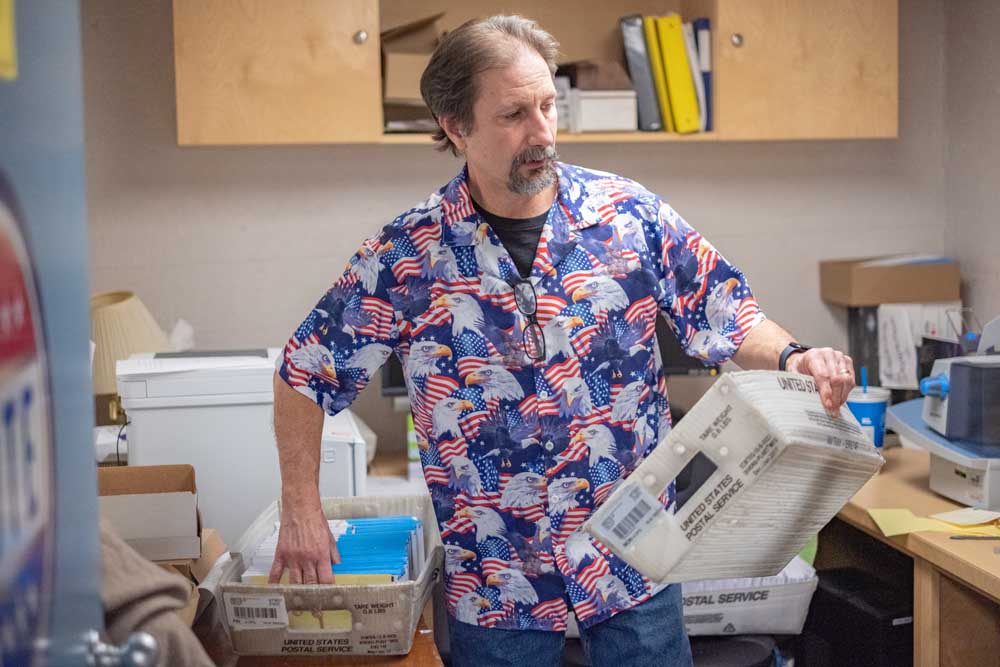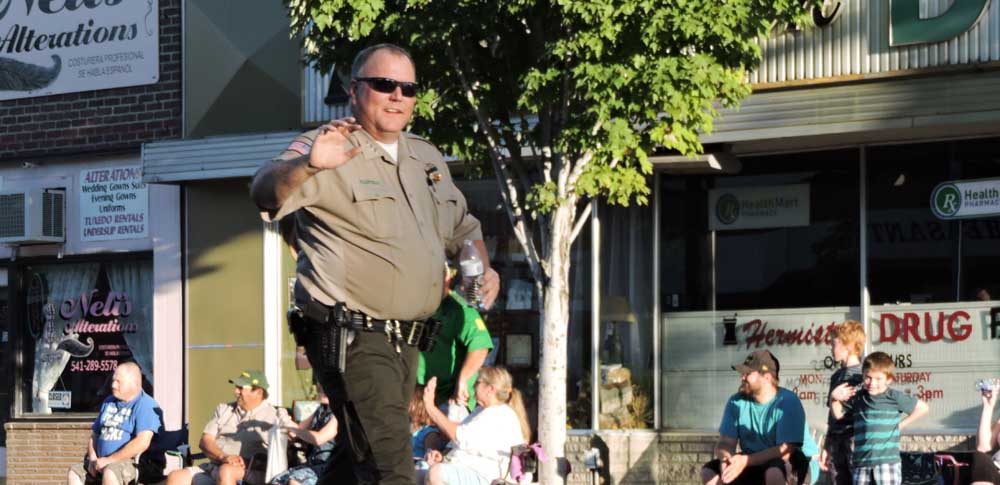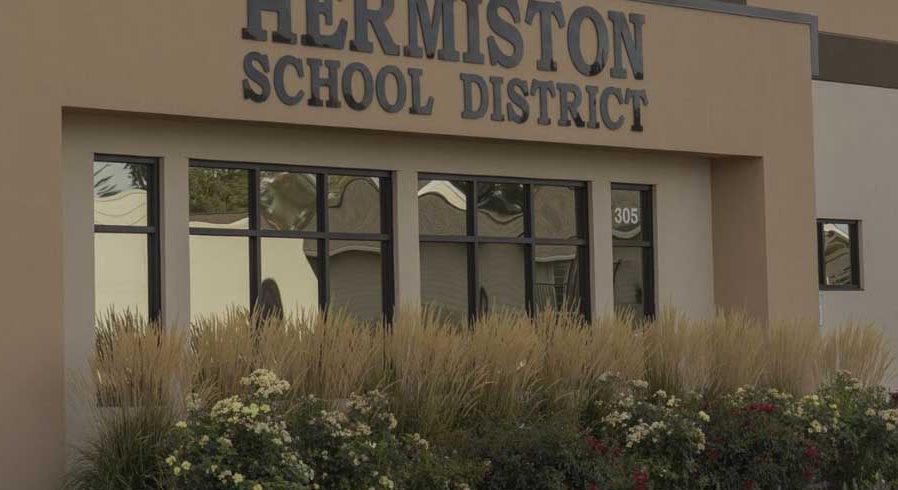Rodeo history: Alive, humble
Published 8:42 am Saturday, September 19, 2009
He sat alone on a metal bench in the shade of a horse trailer, hands clasped in his lap, cooing at a horse tied nearby. I was hurrying to catch the last of Friday’s bull riding, and as he smiled at me I thought of simply tipping my hat and charging past him.
But this old man’s eyes sparkled with the sort of kindness that only a lifetime on this earth can distill, so I stopped and stuck out my hand. His grasp was surprisingly firm.
“What’s your name?” I asked him.?He stared back blankly at me.
“What was that?” he replied, finally.
“Your name!” I bellowed at him.
This elicited a sly smile and he quickly lifted his shirt to show me his belt buckle. It read “Geer Rodeo” across the top and “Bud Geer” along the bottom.
“That’s me,” he said. We talked for several more minutes. Bud, it turned out, had lost his hearing after a case of spinal meningitis when he was 13 years old. He was temporarily paralyzed, but regained the use of his limbs after receiving medicine partially made from horse products.
“That’s why I’m so close with horses,” he said.
After getting kicked off the Indian reservation he was living on as a young man, Bud ended up starting Geer Rodeo Company, a rodeo livestock outfit, and spent the next several decades crisscrossing America’s rodeo circuit. Only a nasty “$65,000” leg injury in 1990 finally slowed him down.
A career highlight happened one week in 1975 at a rodeo in Oklahoma, but Geer can’t remember quite which one.?The important part of the story is that one of his company’s horses, which was a normal workhorse, served for five straight nights as a bucking horse. On the final night, the horse produced a 92-point ride.
Recalling the story made Geer chortle with laughter and straighten with pride. It was quite obvious that, had the man’s family not arrived, I could have sat and talked with him well past the time the Let ‘er Buck Room closed down.
Men like Bud Geer are what make rodeos special. Their stories aren’t just ensconced in glass at the Round-Up Hall of Fame, nor are they fleeting memories that fade as the sun sets and the bands start playing on Main Street.
They are, happily, real people, still alive, still vital. And in Bud’s case, still humble. As I was saying goodbye to him, he looked at me and pointed at his watch.
“You see that date?” he asked, an irascible look in his eyes. The “18” on the watch’s face indicated the date, September 18.
“I was born on September 18, 1921,” he declared. “What do you think of that?”
The man had waited until the very last possible moment to tell me what others would have blurted much sooner. I shouted “happy birthday” at him, but he couldn’t hear me and was suddenly distracted by his family.
“Thanks for keeping me company,” he said. “They’re here now.”
I shook his hand quickly and left.
Allow me, then, to right a small wrong and pay tribute to someone who has been around rodeos longer than almost every competitor has been alive.
Happy birthday, Bud. It was my pleasure.
—
Owen Smith is a sports writer for the East Oregonian. Write him at osmith@eastoregonian.com.





